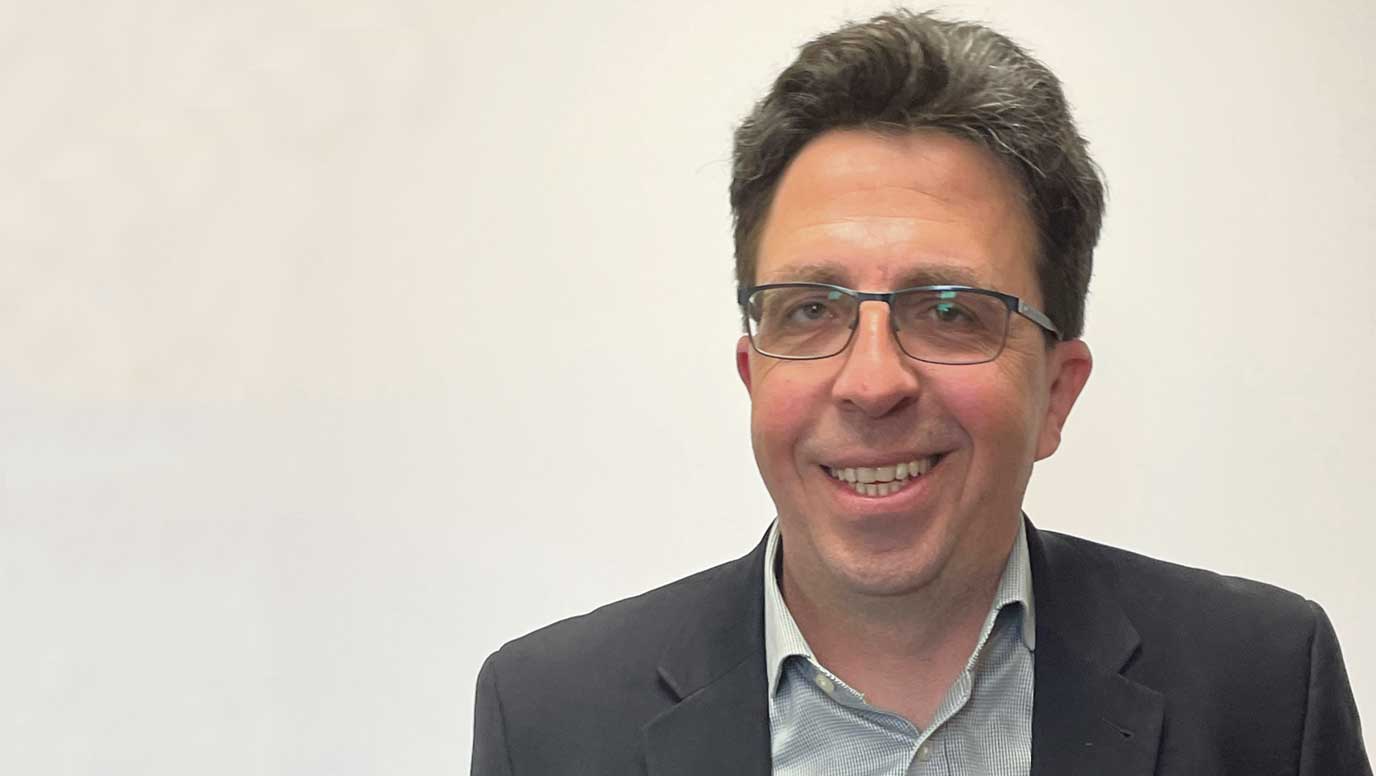Love in a cold cash climate – for patients around the world

I asked Bradley Hardiman of the globally influential Astellas Venture Management: ‘Funding corporate growth – how tough is it getting?’
His philosophical response came fast but far from furious: “Tougher than it has been, but also not as tough as it has been.”
Completing what we regard as a perfect summing up of the scene, Bradley added: “We had a peak in 2021/2022 but this was clearly a bubble that demonstrably burst. People still talk about how far we remain from that peak. I don’t think we should be rushing to get to that peak anytime soon. Let’s get back there in a sustainable manner.”
Company bosses charging after a quick fix to funding issues would do well to note the studied nature of this response. We recently carried a report from recovery specialist Begbies Traynor which showed a rising tide of companies in trouble financially.
By contrast, we have seen billions of dollars – principally from the US – change hands for Cambridge tech and bio companies while professional services firms tell us they are doing some great deals across the East of England region – and have been for a while.
Again, Bradley takes an objective standpoint: “The glut of funding in 2021/2022 meant that some questionable investment decisions were made. Tourist investors coming in and a lot of FOMO – Fear of Missing Out. The music stopped and there were more dancers than there were chairs.
“In any downturn, there will be casualties among good companies and I feel for individuals who are caught up in all of this.”
Business Weekly has just fielded input from some VCs who say that, while it has been a tough year or so for backing business, they anticipate the dam will burst in 2025. Bradley acknowledges the silver lining peeping out from behind the clouds: “The best thing about where we are now is that people see the recovery. Whether it will be in three, six or nine months’ time, doesn’t really matter.
“What matters is that investors can make investments now and in 18-24 months’ time when the company goes out to raise again, the recovery will have happened. Looking beyond short-term wins to long-term opportunity is key in delivering innovation that offers positive, sustainable and meaningful value to patients.
“Ironically, this will speed up the recovery. I’ve said it before, for an industry based on science and finance (two objective aspects), venture capital is very much driven by confidence and sentiment (subjective ones). Subjective objectivity if you will.”
Bradley affirms his own take on the adage that cash is king in any business. He says: “Yes, companies need to batten down the hatches and conserve cash in uncertain times – many have no choice but to do so – but this can slow progress further, exacerbating any downturn and creating a self-fulfilling prophecy.
“You could call this the pioneer’s dilemma (not to be confused with the Innovator’s Dilemma developed by the rather excellent Clayton Christensen).
“Conserving cash in itself is no bad thing. Companies should always make every pound count, even in good times. Ultimately, one thing remains certain – patients are waiting.
“Through collective resilience, and by finding creative ways to fund and progress innovation through economic highs and lows, we can advance life-changing treatments and define new ways to treat and potentially cure disease.”
• Bradley Hardiman serves as Senior Director at Astellas Venture Management, leading on opportunities to unlock early innovation for Astellas through strategic investment. After starting his career in drug discovery research for large pharmaceutical companies, Bradley moved into advancing research to commercialisation predominantly within the university sector.
Over 20 years, he gained diverse experience in establishing research collaborations, patent drafting, filing and prosecution, licensing, spin-out company creation and investment. Notably, this included more than seven years within the Seeds Funds team at Cambridge Enterprise, the commercialisation arm of the University of Cambridge, helping to assess, invest in and create spin-outs founded on University research.
These spanned numerous areas including therapeutics (such as small molecules, biologics and gene therapy), diagnostics and prognostics, medical devices, scientific instrumentation, reagents and digital health.
Bradley earned an undergraduate degree in Medical Biochemistry from Brunel University followed by a Master of Research in Molecular Biochemistry from the University of Cambridge. He also has an Executive MBA from Bayes (formerly Cass) Business School.


